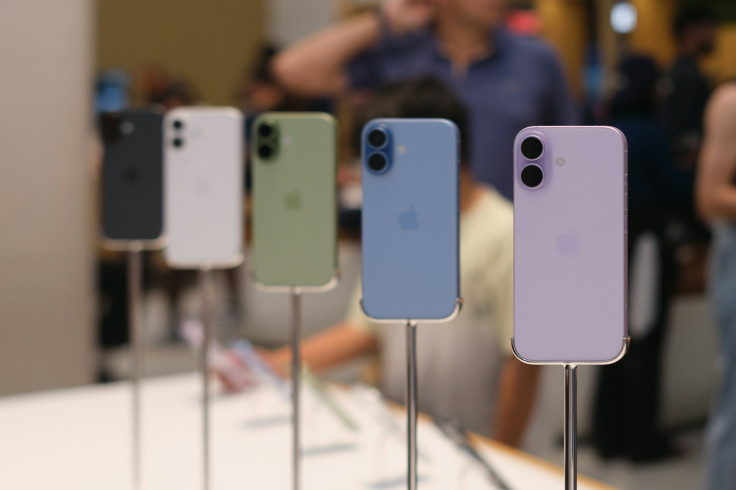Xiaomi And Huawei Struggle As iPhone 17 Dominates Singles' Day In China
The new iPhone Air and strong demand enabled Apple to secure 26% of sales

Singles' Day is the world's biggest shopping event, and in China, it's a crucial battleground for tech giants. This year, the results are in, and it appears Apple has secured a decisive victory.
As the iPhone 17 commanded the market, rivals like Xiaomi and Huawei faced significant challenges, highlighting a shift in consumer preferences during this record-breaking retail bonanza.
The robust appetite for Apple's handsets was central to driving the mobile phone market's performance during the Singles' Day event in China, as Counterpoint's analysis confirmed.
With 26% of the entire smartphone market share during the festival, the company helped push total units sold up by 3% compared with last year's figures for the same period.
Apple Hits Highest-Ever Single-Month Market Share
— Counterpoint Research (@CounterPointTR) November 28, 2025
Key Takeaways:
📌Apple’s global smartphone market sell-through share reached 24.2% in October, its highest ever for a month.
📌Led by strong sales of the iPhone 17 series, especially in the US and China, Apple’s global smartphone… pic.twitter.com/4vwSSupjEP
iPhone's Lift and Market Drain
With speedy sales, the iPhone 17 was a notable favourite, keeping Apple ahead of its rivals. Crucially, when Apple's sales are not counted, device purchases during the shopping period actually decreased by 5%, underscoring a wary consumer mindset. Counterpoint stated the market had been 'drained of momentum,' reflecting broader financial concerns inside the country.
A prolonged issue in the housing market, alongside concerns about job earnings, has negatively affected consumer sentiment, making people less willing to make non-essential purchases.
High Sales, Low Buzz
The 2025 Singles' Day concluded on 11 November, after an extended period of deals on the country's main e-commerce channels. Although the combined sales figure across all vendors hit 1.70 trillion yuan (roughly $240/£25.65 billion)—an increase from 1.44 trillion yuan previously—the festival did not spark the same widespread consumer enthusiasm.
Huawei and Xiaomi Face Headwinds
Among rival smartphone makers, Huawei recorded the most significant decline, with its market share falling from 17% to 13%. Its recently unveiled top-tier device, the Mate 80, was not released in time for the key promotional period.
Xiaomi maintained the second-highest share at 17%, but also registered fewer purchases than the prior year, a situation partially due to the earlier introduction of the Xiaomi 17 range.
Apple's dominant position in the Singles' Day event underscores the enduring popularity of its products among consumers, even as the economy remains constrained.
iPhone 17: Key Factors Driving Sales
According to Bloomberg, the new iPhone 17 models, which launched in September, have delivered impressive results, with sales increasing by more than 10% year over year in both the United States and the company's crucial Chinese market.
The iPhone 17 range, comprising four distinct models, has successfully encouraged many consumers to replace their current phones. The latest model, the iPhone Air, promoted as the world's slimmest iPhone, has attracted long lines of eager buyers trying to purchase the new device.
The Dominance Confirmed
The success of the iPhone 17 series at this year's Singles' Day demonstrates a clear divergence in Chinese consumer spending. While domestic brands like Huawei and Xiaomi faced market caution, Apple showed that powerful brand loyalty and innovative products can still drive massive sales, proving its ability to thrive even in a fundamentally subdued economic landscape.
This performance makes it clear that Chinese consumers are now prioritising perceived long-term value and high-end quality above all else, forcing rivals to rethink their entire product and release strategies for the year ahead.
© Copyright IBTimes 2025. All rights reserved.





















